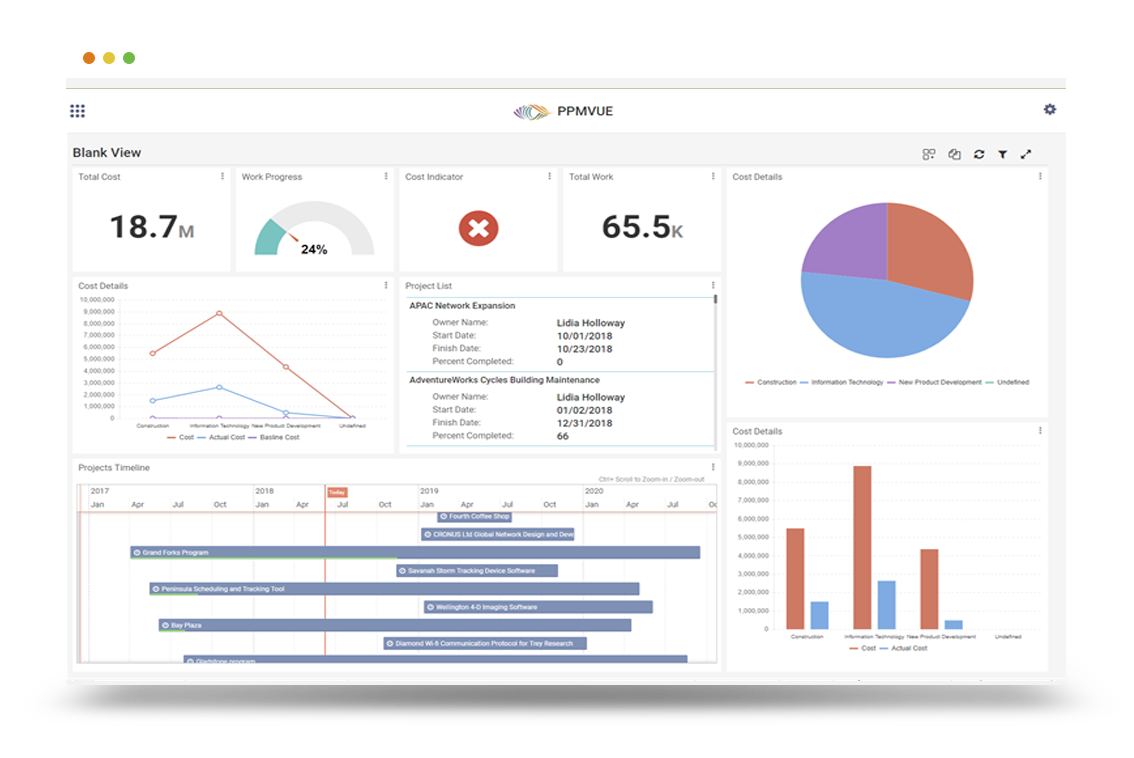As a scheduler, I witness first-hand how different organizations choose to monitor and track project progress through schedules. Although updating the schedules for active projects may seem trivial on regular basis, it can save organizations time and money through increase in efficiency.
Developing and maintaining a schedule plays a significant part in the successful planning and execution of a project. Griffith, A. (2005) in Effect of Scheduling Practices on Project Success concludes that out of 97% of sample projects that maintained a schedule, the projects that followed good scheduling practices, benefited with:
i. 7% better cost performance
ii. 26% less schedule slip
The maturity of an organization determines the tools and the efficiency with which scheduling is handled. Depending on the level of details in the project schedule, schedules that include tasks, milestones and resources attain benefits on tracking project health, scope control, reporting for upper management more accurately and meticulously as opposed to schedules that follow the same but do not include resources.
Schedules can be created and updated by Project Managers (PM) but often times it is a scheduler who is responsible for creating and updating the schedules. The benefit with the latter is that when the PM is busy executing the projects, the scheduler communicates with the PM on regular basis to keep him/her aware of the current situation, upcoming tasks such as reviews and/or the impact of delay etc. Such information serve as valuable input for steering the project in the right direction.
Since projects are taken up as temporary endeavors by companies, schedule updates can be handled on-site or virtually. The frequency of schedule updates is determined by how often organizations require to track project status. However, the key here is communication. Receiving progress includes gathering information if a task that was to be completed on the baseline date (i.e., the planned date) is completed or if the task is on track. But if a task has not been completed then enter the expected date of completion, and report the impact of new dates on the flow of the schedule.
In conclusion, project schedule is a tool that facilitates managing tasks and resources efficiently towards successful project completion. Managing projects include assessing project health through reports generated from project schedules that facilitates scope control, keeps upper management informed and supports in decision making. In order to derive maximum benefit from schedules it is imperative for organizations to appoint professionals with the knowledge and experience of the tools and processes to support the PMs towards successful completion of projects.
Interested in how EPMA can help you? Contact us today at 1.888.444.EPMA or [email protected]
Thanks for reading! Please feel free to leave comments below or check out our other blogs on Microsoft Project, Project Server, SharePoint and Project Management Methodology.
For more details & kick start your project management journey, sign up for our Microsoft Training Classes or send us an email.
I hope you find this blog post helpful. For more tips and tricks on Project Management, please visit www.epmainc.com

